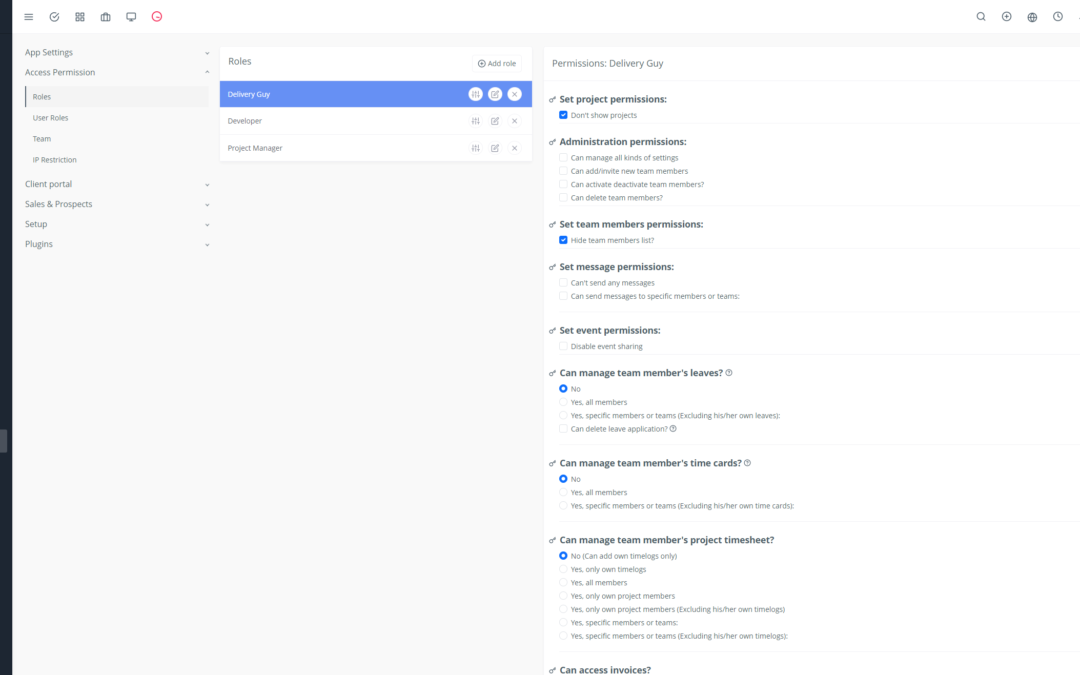In a constantly evolving digital world, businesses must find new ways to engage with their customers. Social CRM has become an essential tool for achieving this goal.
What is Social CRM?
Social CRM, or Social Customer Relationship Management, is a CRM approach that integrates social media data into your customer relationship management system.
How does Social CRM work?
It works by collecting and analyzing social media data from various channels such as Facebook, Twitter, Instagram, LinkedIn, etc. This data can include customer feedback, brand mentions, direct messages, shared posts, and interactions with your business pages.
The Benefits of Social CRM
Using social CRM offers numerous benefits for businesses:
Increase Customer Engagement 📈
By analyzing social media conversations, you can better understand your customers’ needs and expectations. This allows you to create more relevant content and answer their questions more effectively.
Improve Customer Satisfaction 😄
By monitoring customer feedback on social media, you can identify problems and resolve them quickly. This helps improve customer satisfaction and build loyalty.
Reduce Customer Service Costs 💰
By using social media to answer customer questions, you can reduce the volume of phone calls and emails, thereby lowering customer service costs.
Generate Leads and Sales 📈
Social media is a significant source of leads. Social CRM allows you to identify potential leads and convert them into customers.
Develop Customer Loyalty 🤝
By interacting with your customers on social media, you create stronger relationships and build customer loyalty.
Track Marketing Campaign Performance 📊
Social CRM allows you to track the performance of your marketing campaigns on social media and adjust your strategies accordingly.
Manage Brand Reputation 🛡️
By monitoring mentions of your brand on social media, you can manage your online reputation and respond to negative feedback promptly.
Find Information about Potential Customers 🔍
Social CRM enables you to collect information about potential customers, such as their interests, needs, and buying behavior.
Identify Key Influencers 📣
By identifying key influencers in your industry, you can collaborate with them to reach a wider audience.
Integrating Social Data into Your Existing CRM
You can easily integrate social data into your existing CRM using applications and plugins. This integration allows you to centralize all information about your customers, regardless of the channel.
Social CRM Tools and Platforms
There are numerous social CRM tools and platforms available on the market, each offering specific features. Some of the most popular include:
Hootsuite
Sprout Social
Buffer
Brand24
Mention
Choosing the Right Social CRM Tool
Choosing the right social CRM tool depends on your specific needs and the size of your business. It is essential to consider the features offered, pricing, and ease of use.
Implementing a Social CRM Strategy
To implement an effective social CRM strategy, follow these steps:
Set Goals: Clearly define the objectives you want to achieve with social CRM.
Identify Your Target Audience: Determine which social media platform your target audience is most active on.
Create Relevant Content: Publish engaging and relevant content for your target audience.
Engage with Your Customers: Respond to comments and questions quickly and efficiently.
Monitor Performance: Analyze the data to measure the impact of your strategy and adjust it if necessary.
Best Practices for Using Social CRM
Be Authentic: Use a natural and genuine tone of voice.
Be Responsive: Respond to comments and questions promptly.
Be Patient: Building a community takes time and patience.
Use Images and Videos: Visual content is more engaging.
Use Hashtags: Hashtags allow people to find your content.
Real-World Examples of Social CRM Usage
A clothing company uses social media to identify popular fashion trends among its customers.
A software company uses customer feedback on social media to improve its products.
A restaurant uses social media to organize contests and promotions.
The Future of Social CRM
Social CRM is constantly evolving. Businesses must adapt to new technologies and changing consumer behavior. The future of social CRM is focused on:
Artificial Intelligence: AI can automate tasks and improve personalization.
Influencer Marketing: Influencers play an increasingly important role in marketing.
Augmented Reality and Virtual Reality:* These technologies offer new opportunities to interact with customers.
In conclusion, social CRM is a valuable tool for businesses looking to improve their customer relationships. By using social media strategically, you can increase engagement, improve customer satisfaction, generate leads, and develop loyalty.

